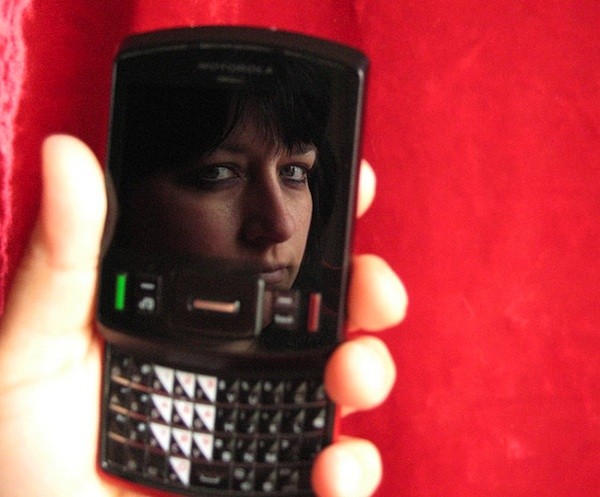When Traditional Policy Goes Bad: Teen Social Use of Mobile Devices in High Schools

As I've been lately analyzing my data set related to in-school use of mobile devices at an urban school in South Central Los Angeles, I've been intrigued by some of the general tensions that exist in mobile media use in schools and the way teens tend to utilize mobile devices in ways that oppose traditional school power structures.
Though the initial findings I will share in this post come from one research site over the course of a year, the social practices, based on my ongoing conversations with both high school youth and teachers, mirror the kinds of in-school social practices that occur in a majority of today's public schools.
A Conflict in Usage and Space...
Perhaps most striking about what my research has shown me is the way that youth interest in mobile use runs almost completely counter to adult provisional use of mobile devices. For example, students are generally allowed to use mobile devices during lunch and nutrition periods during the day and are generally not allowed to use their mobile devices during class time. Of course, anyone who's spent more than a few minutes in classrooms today knows that mobile use in classrooms during class-time is rampant, pervasive, and often disruptive. However, while this is problematic for instructional purposes in the ways our schools are currently structured, they speak to ways adults largely misunderstand youth interest in mobile media use. In conducting focus groups with students, observing campus spaces, and sitting in various classrooms, a picture of what transpires during and between class periods points to the tension at work here. Namely, students don't want to use mobile devices during lunch time or nutrition. In fact, some students went as far as to tell me that if they receive a text message or call during lunch they will wait until they head back to their classes to respond.
The reason, of course, makes a lot of sense if you think about what kinds of things students are doing on their phones while sitting in my classroom and pretending to read a book or search for something in their backpack. Students spend much of their mobile media use in classes to socialize with each other, update each other on the latest chisme, and discuss meeting places and upcoming activities. With all of this organizing, planning and chatting in place, teens don't intend to waste the precious minutes of lunch in isolated relationships with their devices. This time, instead is for talking with friends and socializing without these activities mediated by handheld devices.
And so this really brings us to a structural problem, doesn't it. Yes, disciplinary issues arise and we can spend time discussing if the time students spend texting in class signals a problem related to engaging, immersive curriculum (probably). However, what I am interested in sharing here, is the fact that our school policies are set up in a way that force students to break the rules we've set in place, if they intend to be caught up to speed with the quickly shifting world of socializing with peers.
I should make clear the fact that I am not advocating an open phone policy in my classroom. And while I regularly engaged my own students in utilizing mobile devices for the purposes of our English classroom, we also developed mutually agreed upon norms in regards to these tools.
However, just as academic preparedness is a clear objective of public schools today, so too is the need for these students to see themselves as participants in the world beyond high school. In shunning mobile devices in the "work" settings these students are placed in, we are creating an artificial and stodgy experience that does not reflect ways people produce and develop innovations beyond the secondary schooling world. Likewise, by encouraging mobile use in social settings we are promoting behavior that runs counter to the norms of most groups of friends. I, for instance, have been reminded more than once that checking an email or replying to a text message at the dinner table is less than polite.
Mobile devices present unique opportunities on campus spaces in addition to the chaos that I've seen ensue from their presence in a poorly managed classroom. I have horror stories of mobile devices gone wild–some of 'em in my own classroom! Though present in many classrooms for more than a decade at this point, it is worth recognizing that these are still relatively new disruptions within the archaic factory model of schooling. More than perhaps any other form of cultural wealth that students bring to school and or perform within school spaces, mobile devices mediate interactions between peers, students & adults, and parents in powerful ways. I hope to continue sharing some of the insights my time formally investigating these devices has garnered.
Banner image credit: Pahz http://www.flickr.com/photos/psexypsychic/4602006318/